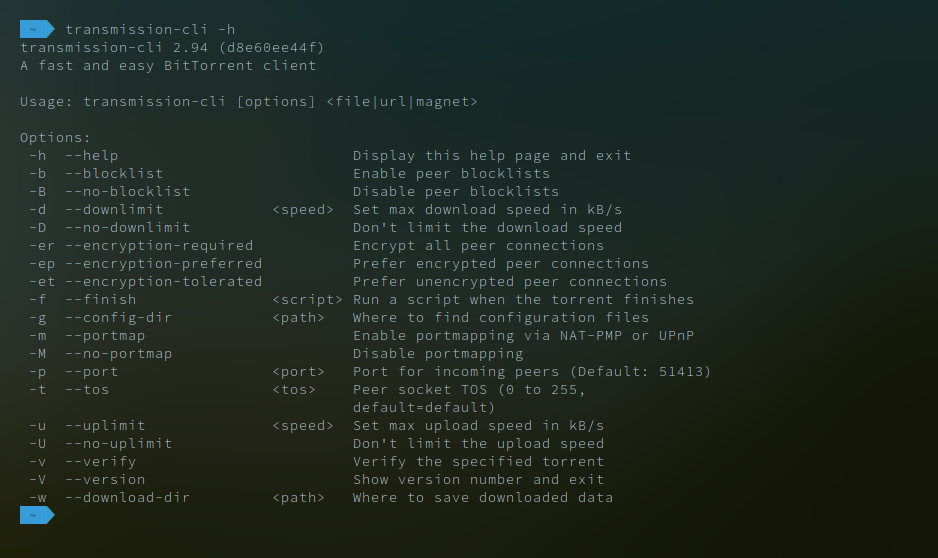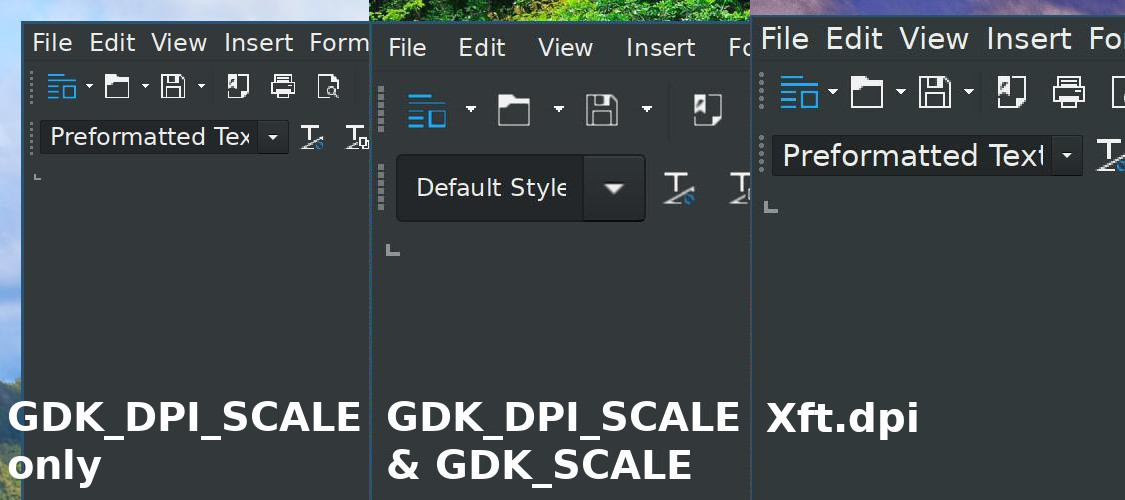Background
ISPs pay for capacity. They pay to have the ability to deliver a certain amount of data per second. They do not pay for the amount of data transferred. If an ISP is capable of transferring 1Tbps (terabit per second, to pick a number) over its network, then its costs are the same whether it transfers 324,000TB (terabyte, as data is measured in bytes whereas transfer is measured in bits for marketing reasons) or 1MB. So an ISP is not primarily limited by the amount of data it can transfer, but by how fast it can transfer that data.
The problem comes in when ISPs oversell their bandwidth. They have made the bet that not everybody will want to download at full speed at the exact same time. So while our hypothetical ISP has a capacity of 1Tbps, it may actually sell 10Mbps to one million customers for a total of 10Tbps. Now, this works out. Most people use the internet in short bursts. They download a web page, or they download a file which takes just a few minutes. But then you have the people that ISPs call bandwidth hogs. These are people that download huge files all the time. If one tenth of hypoISP’s customers do this, then none of the “regular” customers will be able to reach full-speed.
Response
To counter this, ISPs want to introduce caps. Caps would discourage users from downloading constantly because they would then reach their limit before the month is up.
Better Response
Caps are short-sighted. They try to reduce the impact of heavy users by making them use less, but the problem is not the amount people download. ISPs are not reaching their practical limit (imposed by their maximum speed) and probably never will. The reason: peak hours. Most people are online during the day and the ISP has to have enough bandwidth to supply the peak demand at that time. During off-peak hours, the ISP has plenty of unused capacity.
Rather than applying a monthly limit to the amount you can download, ISPs should enforce rules to discourage bandwidth hogging during peak hours. To manage their network in the long-run they should be trying to encourage good habits in their consumers. This isn’t served by monthly caps. If I have a limit of (let’s say) 60GB, I will download whenever I feel like downloading (and I will probably overuse at the end of the month).
A few ideas
- Have a cap that only counts during peak hours.
- Have “happy hours” at night when usage is lowest
- During happy hours the ISP could increase the maximum speed to compensate for the loss of daytime downloading time, for example: if you have a 10Mbps connection, you can get up to 20Mbps overnight
- Make a speed increase dependent on bandwidth use during peak hours: you only get the speed boost if you used less than 500MB during peak time


Recent Comments